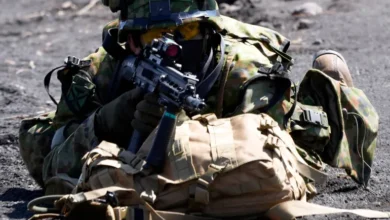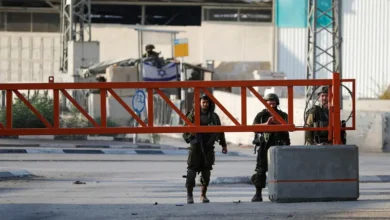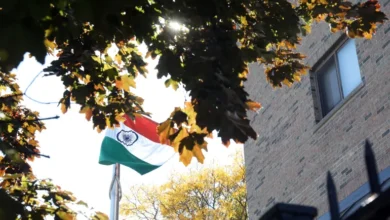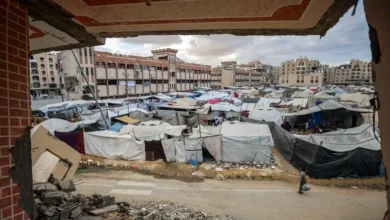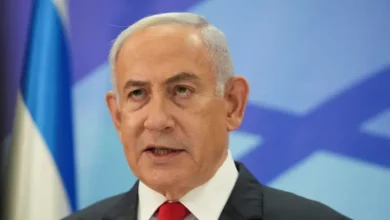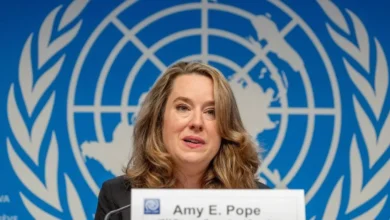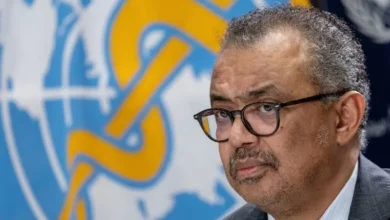US Senate panel raises ‘concern’ over Egyptian detainee’s health
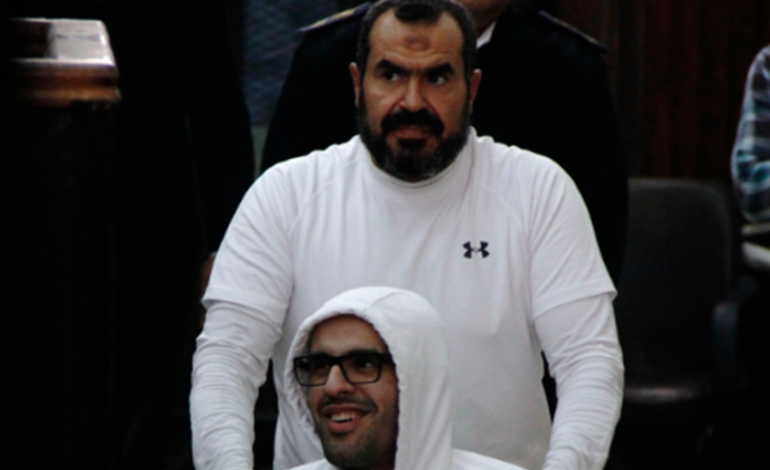
A top United States Senate committee has said it is “deeply concerned” about the declining health of Salah Soltan, an Egyptian academic and US permanent resident who rights groups say has been arbitrarily detained in a Cairo-area prison.
Dozens of human rights organisations warned earlier this month that Soltan, 63, was “at risk of death” and urged the Egyptian authorities to immediately release him and provide “life-saving medical care”.The US Senate Foreign Relations Committee, chaired by Democrat Bob Menendez, echoed that in a tweet from its official account on Thursday, warning that Soltan’s health was “rapidly declining … due to neglect in prison”.
“Egyptian authorities should release him and allow immediate access to lifesaving medical care,” the Twitter post said.US President Joe Biden, who pledged to centre human rights in his foreign policy, has faced calls to pressure Egyptian President Abdel Fattah el-Sisi over the country’s human rights record.
Rights groups have accused the el-Sisi government, which came to power in a 2013 military coup, of jailing tens of thousands of dissidents and outlawing virtually all forms of political opposition. Cairo has denied holding political prisoners.
But while the Biden administration has offered some public criticism of Egypt, it has continued to view the country as a key ally. It also has not made any major overhauls to US military aid and sales to the Egyptian government.“The US risks legitimizing Egypt’s abuses by continuing its near-total support,” Seth Binder, director of advocacy at the Project on Middle East Democracy, said in a statement on May 3, urging the Biden administration to press Cairo for Soltan’s release.
The Egyptian academic lived and worked in the US for more than a decade prior to his arrest in Egypt in 2013, Human Rights Watch (HRW) said in the same statement earlier this month.Soltan was detained along with others who opposed the Egyptian military’s overthrow of the country’s first democratically elected president, Mohamed Morsi, a member of the Muslim Brotherhood.
At the time, security forces stormed a large protest gathering at Rabaa Square in the capital, Cairo, and shot hundreds of unarmed demonstrators, according to rights groups.Soltan was sentenced to life in prison in September 2017 as part of a mass trial that has been criticised for violating the right to due process and for its inclusion of foreign nationals and journalists.
The Egyptian authorities also deported his son, prominent Egyptian-American rights advocate Mohamed Soltan, to the United States in May 2015. Mohamed was released from an Egyptian prison after going on a hunger strike in protest of his detention.
“[To be honest] I’m fresh [out of] ideas on what more I can do to save my dad’s life before it’s too late!” Mohamed Soltan wrote on Twitter on May 3 about his father’s ongoing detention.
“He’s in the world’s most notorious prisons in Egypt & reportedly had 2 minor heart complications in past [months] & was left unattended for 8 hrs! I need your help to #SaveSoltan!”
‘Deliberately abusing’
In its statement on May 3, HRW and 50 other human rights groups warned that the deliberate denial of healthcare to Soltan may amount to torture and urged the Egyptian authorities to investigate claims of ill-treatment at Badr prison, east of Cairo, where he is being held.The alleged abuses include “24/7 surveillance of cells with CCTV cameras, exposure to florescent lighting around the clock, and chaining prisoners to the walls of their cells without food and water for days at a time”, the groups said.
Meanwhile, in a letter that leaked in March, Soltan said prison authorities had deprived him of adequate healthcare “even though he suffers from life-threatening heart and liver diseases among other complex medical conditions”.
His family has said Soltan suffers from chronic and new conditions, including diabetes, high blood pressure, hepatitis C, and a spinal disc condition, among others.
“On top of railroading him in an unfair trial, Egyptian authorities are deliberately abusing Salah Soltan’s rights by failing to provide him with healthcare,” said Adam Coogle, deputy Middle East and North Africa director at HRW.
“The authorities should at minimum transfer him to a qualified medical facility where independent health professionals can treat him without hindrance.”
